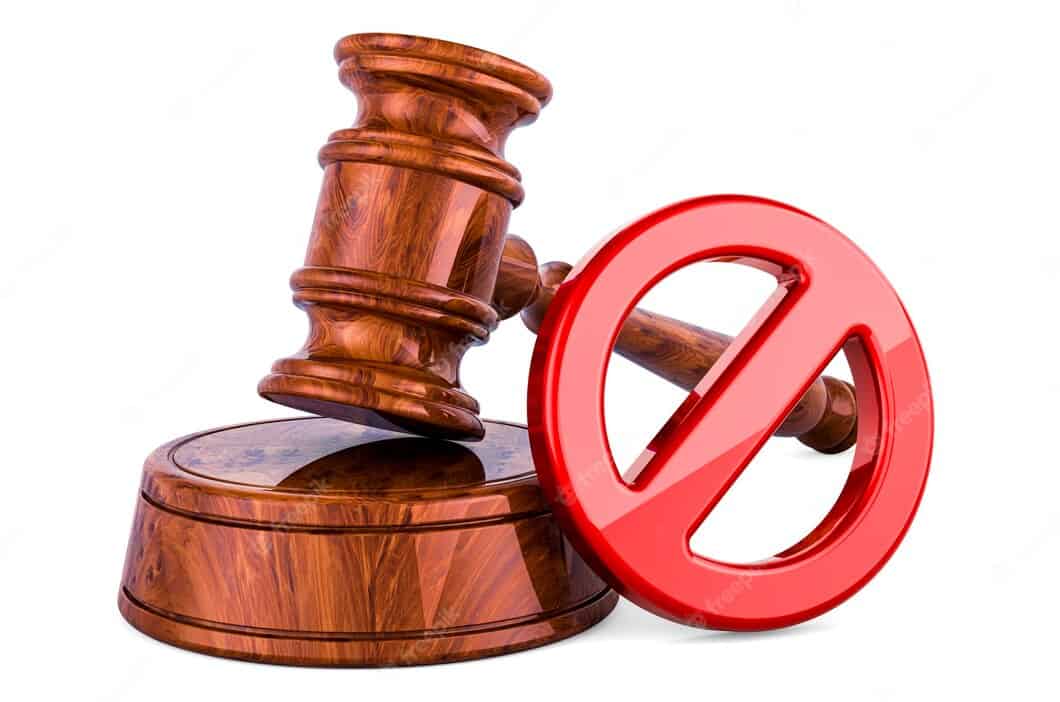Violation post prohibition of competition, no fine!
The District Court of Zeeland-West-Brabant ruled on 15 March 2023, ECLI:NL:RBZWB:2023:1702, that a former franchisee had indeed violated the post-contractual non-competition prohibition, but the franchisor could not claim a fine. This judgment was based on the argument that no know-how had been transferred, that the franchisor had no (any longer) interest in the prohibition, and that the geographical scope of the clause was too wide, although the Franchise Act was not yet applicable at that time. time of the violation.
The case
The franchisor is a managed service provider in the field of telephony, internet and the digital work environment. It uses franchisees. These franchisees mediate in sales and services in the field of telephony, internet and the digital working environment for the business market.
A non-competition clause is included in the franchise agreement. This stipulation means that, for one year after termination of the franchise agreement, the franchisee may not, among other things, work for a company whose activities are equal, similar and/or competitive to the activities of the franchise organization and whose customers and/or suppliers are the same as the franchisee’s customer portfolio and/or the franchisor’s suppliers. A fine is imposed for violation of the clause.
Post non-competition violation
After the end of the franchise agreement, the franchisee has entered into a partnership with a company that has been engaged in services in the field of telecom and IT. That company used the same suppliers as the franchisor, such as KPN, Vodafone and T-Mobile. The cooperation agreement states that all telecommunication-related services are not applicable and that the agreement only includes energy-related services.
The court rules that the postal non-competition prohibition in the franchise agreement has been violated according to the letter of the text.
No penalty due
The court further rules that, although the post-competition prohibition has been violated to the letter of the franchise agreement, this does not mean that the fine claimed by the franchisor is also due by definition. To this end, the court considers the following:
1. It is not disputed that the former franchisee has not performed or would perform any work in the field of telecom. The former franchisee would only focus on the energy sector.
2. The franchisor has not stated, nor has it appeared that know-how has been transferred.
3. The Franchise Act does not apply to the franchise agreement. Nevertheless, it can be deduced from this law, more specifically Article 7:920 of the Dutch Civil Code, what is considered a reasonable non-compete clause. The clause used by the franchisor is broader than permitted under the Franchise Act. For example, the geographical scope of the post-competition prohibition is the whole of the Netherlands and it is not just a question of whether the former franchisee himself performs activities that are competitive, but whether the company for which he works performs activities that are equivalent or competitive (even though the position of the former franchisee on something completely different).
4. The purpose of a post-competition prohibition is to protect the know-how of the franchisor because such a clause has a deterrent effect. That goal has been achieved in this case. According to the former franchisee, the collaboration with the other company never got off the ground. To provide for his income, he says he worked in another position, after which he eventually started working for a Belgian company in the sustainable energy sector.
In view of the above circumstances, the court is of the opinion that the franchisor’s appeal to the post-non-compete clause and the application of the associated penalty clause is unacceptable according to standards of reasonableness and fairness.
Finally
The post-non-compete clause in franchise agreements is often the subject of dispute. The wording and explanation of the clause are sometimes difficult to fathom and the mutual interests are usually high. It is advisable to draw up a post-competition clause that is not too narrow, but above all not formulated too broadly.
Ludwig & Van Dam lawyers, franchise legal advice.
Do you want to respond? Then email to dolphijn@ludwigvandam.nl

Other messages
Article Mr. C. Damen – Three conditions for the right to customer compensation for the agent upon termination of the agency agreement – dated August 26, 2020
In the agency relationship between an agent and a client (the principal), the parties record their cooperation agreements in an agency agreement. When the principal enters into the agency agreement
Article Mr. C. Damen – “When does the obligation to provide proof apply for the submission of the franchise agreement?” dated August 17, 2020
Does the obligation to produce information apply to showing a (franchise) agreement in proceedings if the parties to the proceedings do not have a legal relationship to the (franchise) agreement?
Article Mr. AW Dolphijn – “How do you value a franchise company with a discharge loan?” – dated August 14, 2020
A discharge loan is a proven means of franchisors to find long-term franchisees.
Article De Nationale Franchise Gids: “Information obligations of the intended franchisee under the Franchise Act” – dated August 7, 2020 – mr. AW Dolphin
Although the purpose of the Franchise Act is to protect franchisees against franchisors, a number of obligations have also been laid down for franchisees.
Legislative text of the Franchise Act – dated July 24, 2020 – mr. AW Dolphin
The legal text of the Franchise Act was published in the Staatsblad on 1 July 2020. The full legal text reads as follows:
Law Franchise – dated July 23, 2020 – mr. AW Dolphin
The Franchise Act will have a considerable impact on both franchisors and franchisees.






